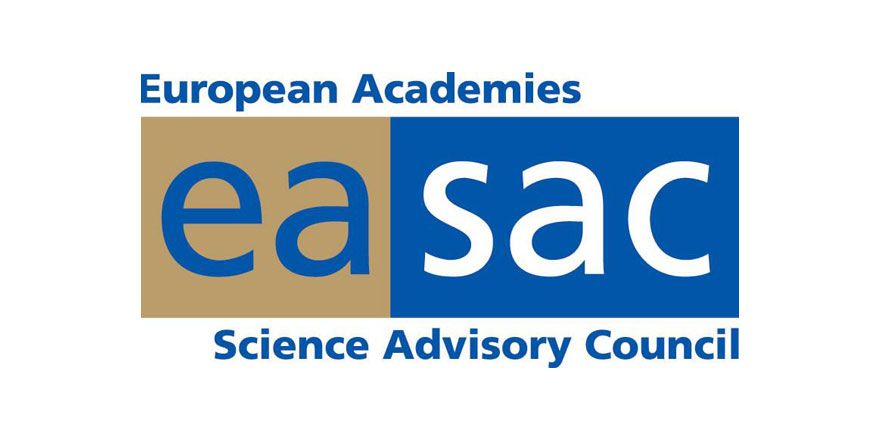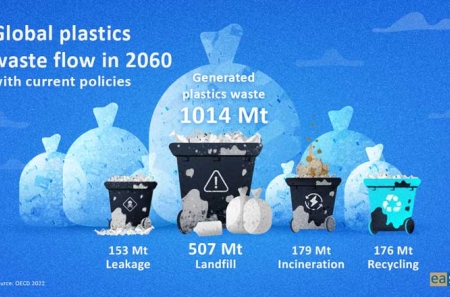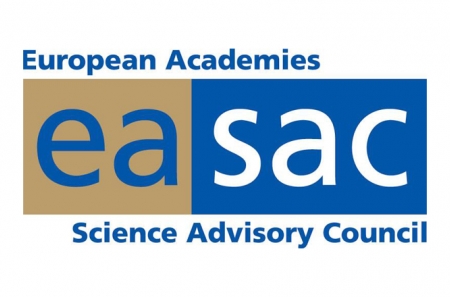
Climate Change and Health
25 July 2018EASAC welcomes contributions of written evidence to the EASAC Biosciences Programme.
EASAC (European Academies' Science Advisory Council) has a significant tradition of interest in climate change issues.
Following discussion by the Biosciences Steering panel in 2016 and agreement by Council in 2017, a project has been initiated to examine the range of issues for climate change and human health, to discuss with European policy-makers and other stakeholders. It is intended both to clarify how to resolve current uncertainties in the evidence base and how to implement knowledge in a supportive EU health policy framework that also ensures integration of strategy across all relevant sectors.
EASAC welcomes contributions of written evidence to this project. Please send your contributions to Craig Skerritt, Policy and International Programmes Manager, Royal Irish Academy, at c.skerritt@ria.ie by Monday 30 July 2018.
EASAC are particularly interested in answering the following questions relating to climate change:
- What are the major health effects?
- Who is vulnerable and where do they live?
- Are there tipping points beyond which major and perhaps catastrophic effects could occur?
- Over what time period will major effects take place?
- How will development pathways modify effects?
- What are the main adaptation and mitigation EU policy options (and their combination) to safeguard health? Which policies increase resilience? What are the trade-offs and synergies?
- What are the most important health benefits of mitigation strategies in the key sectors (e.g. energy, housing, urban planning, food and agriculture)? Might there be unintended adverse consequences?
- What are the wider economic and development consequences?
- What are the barriers to implementation of EU policy options and how can they be overcome?



